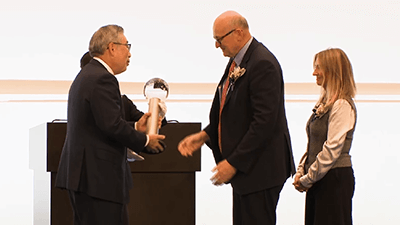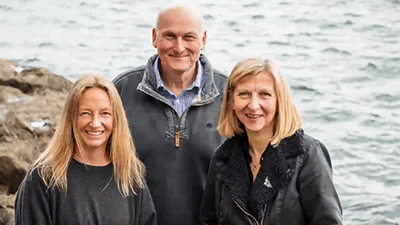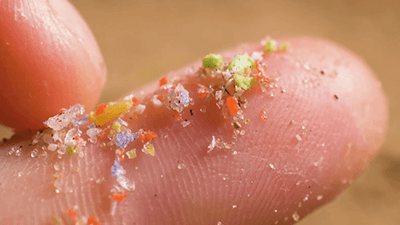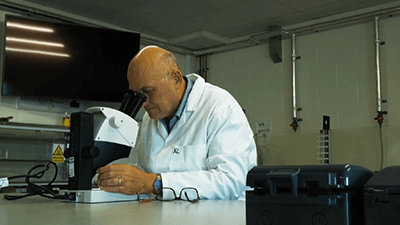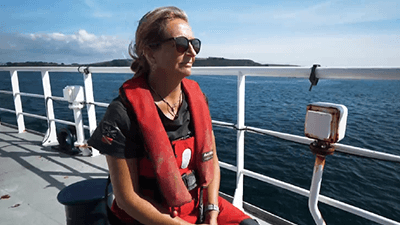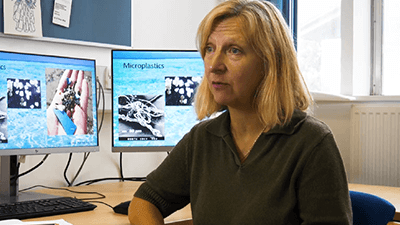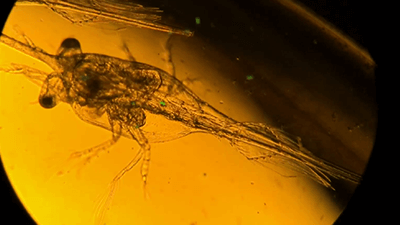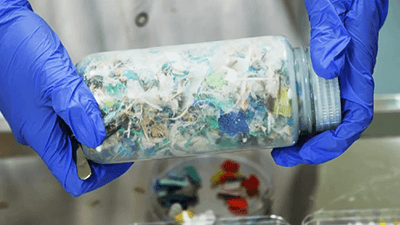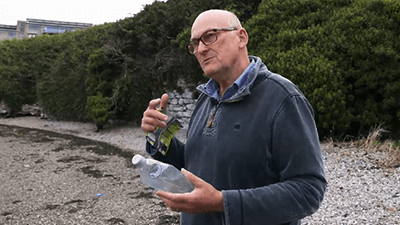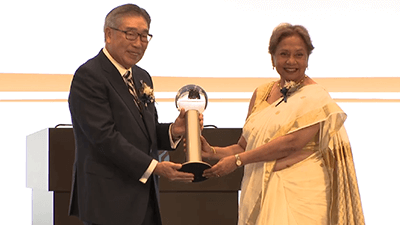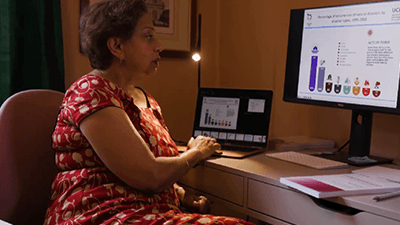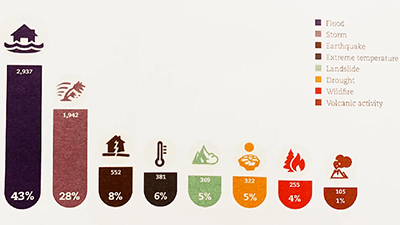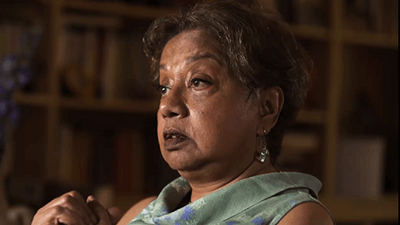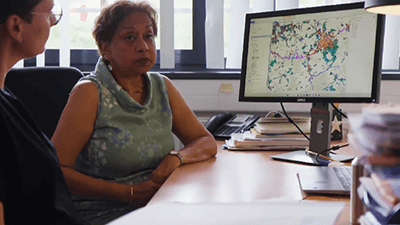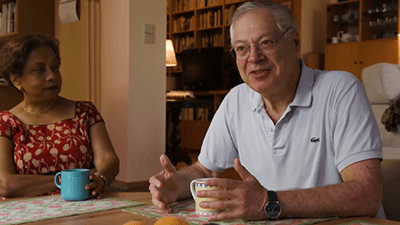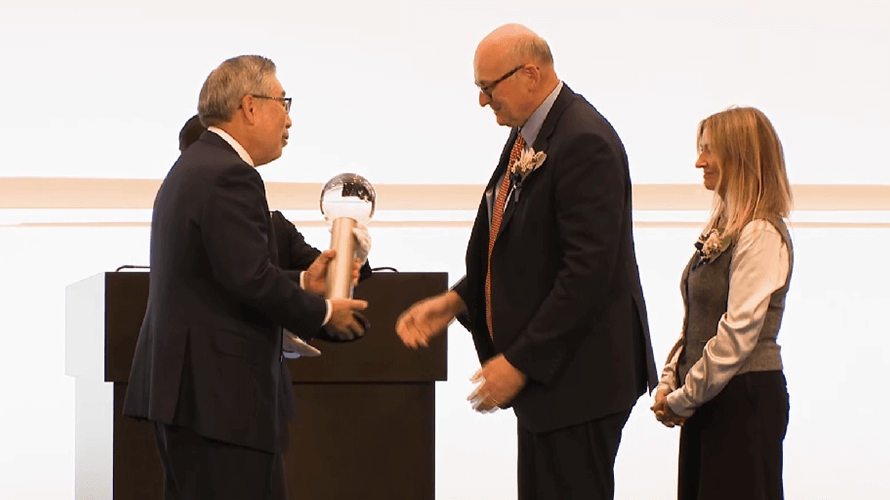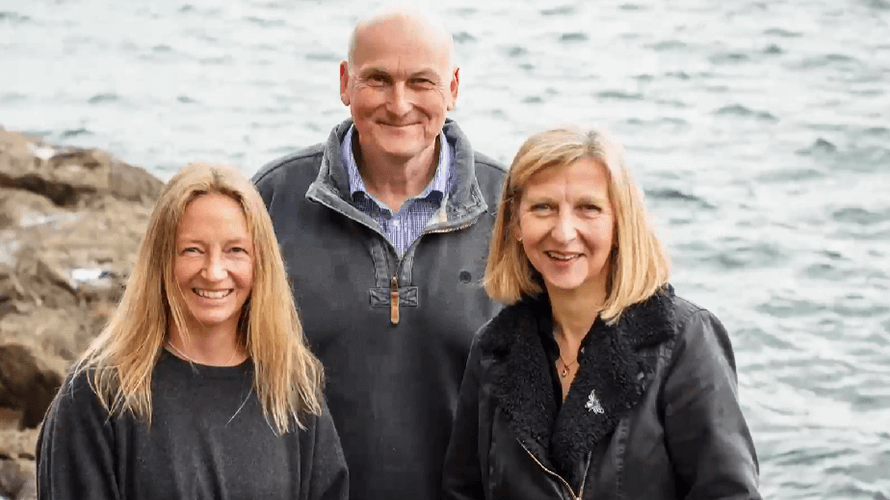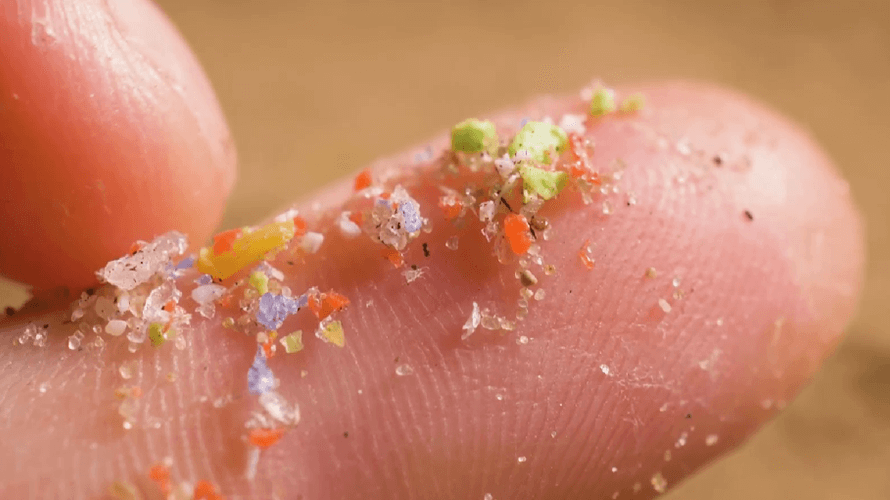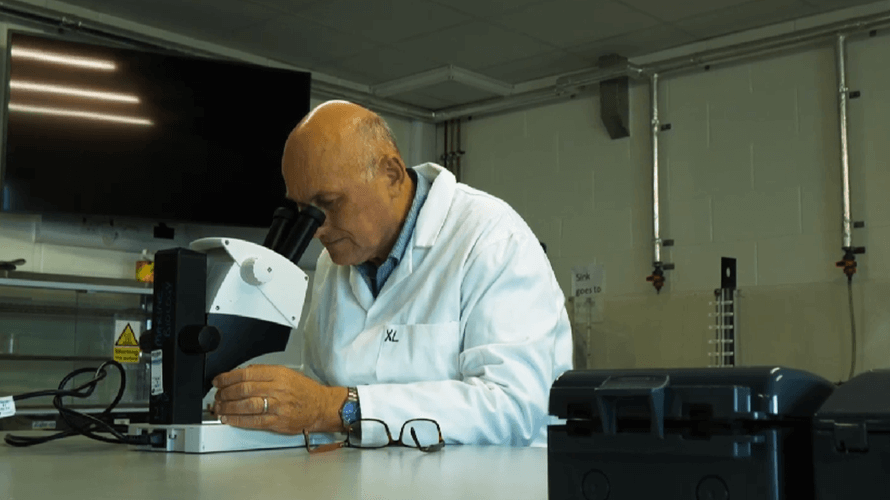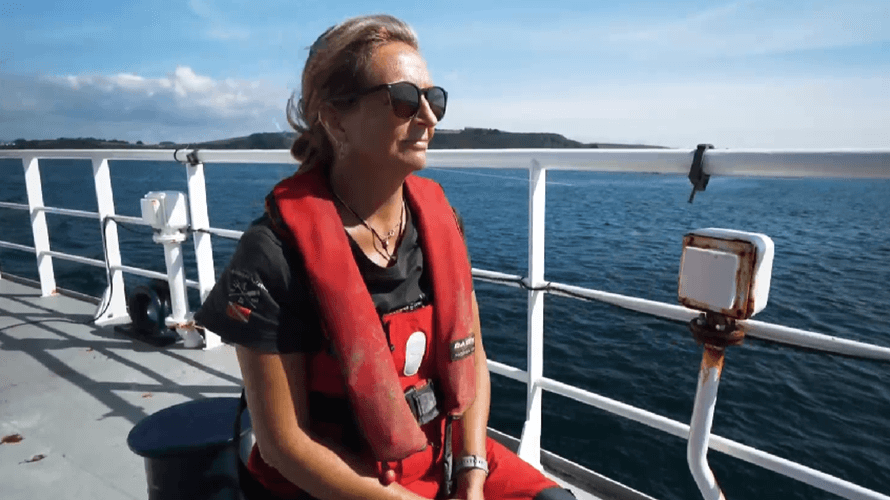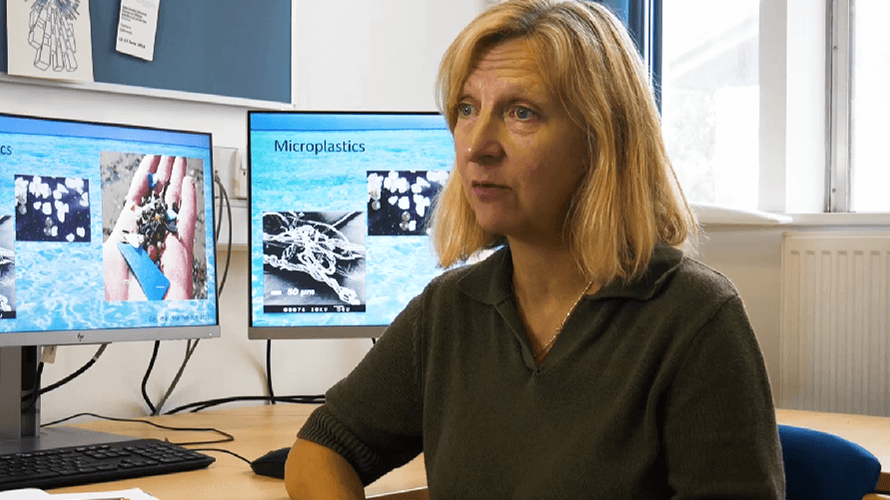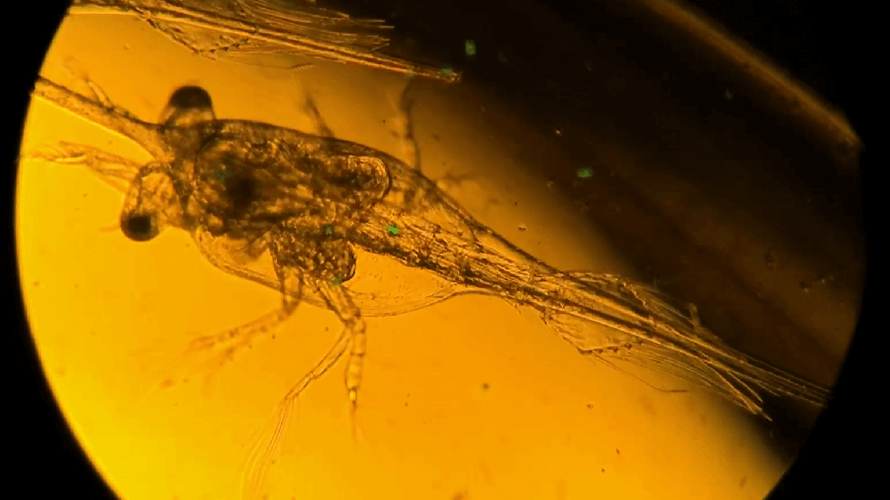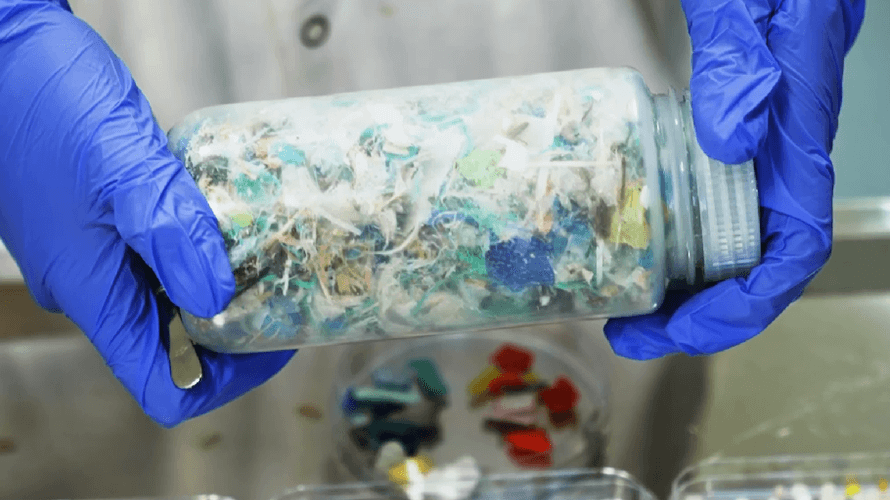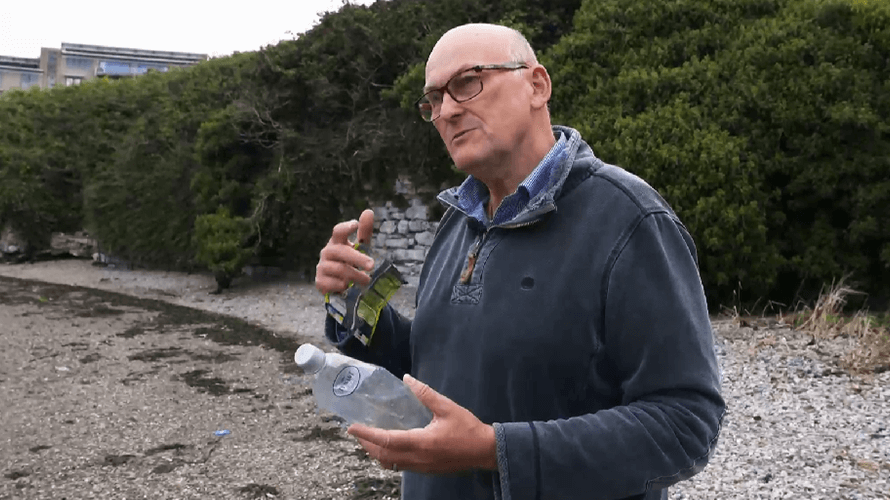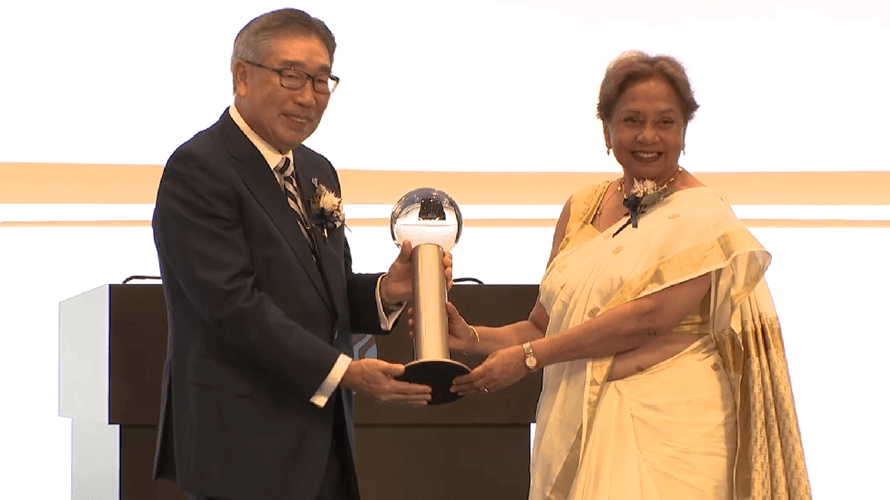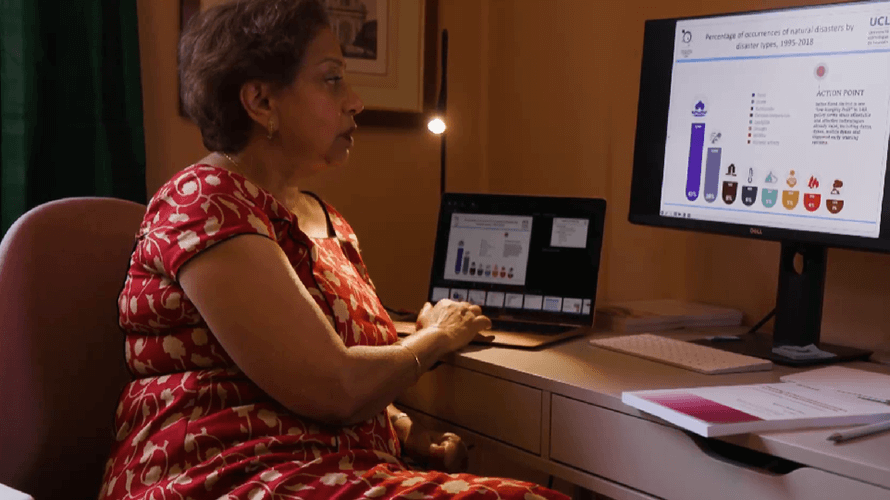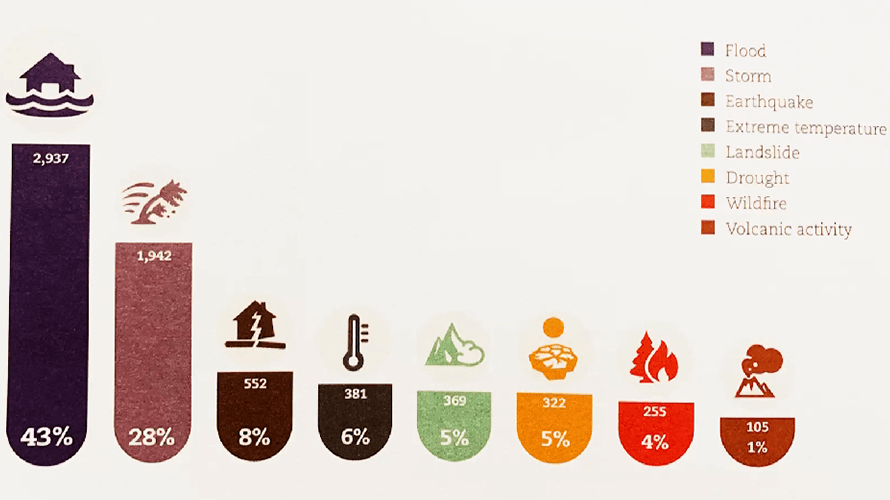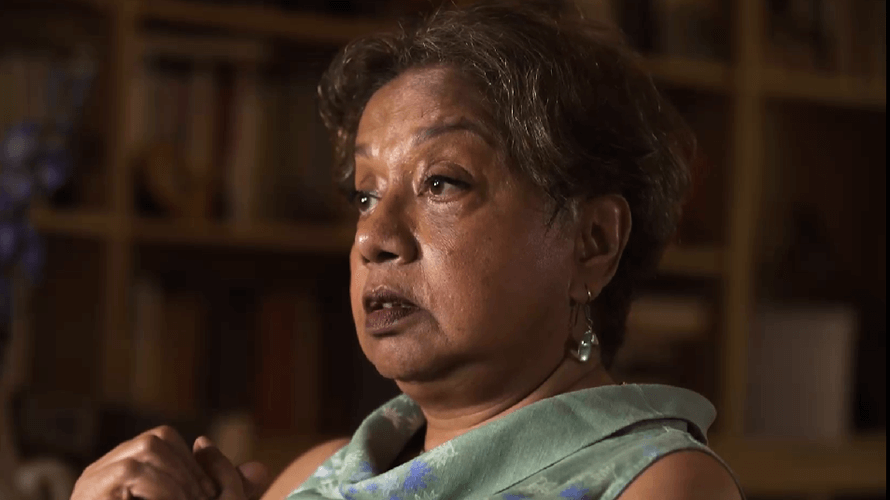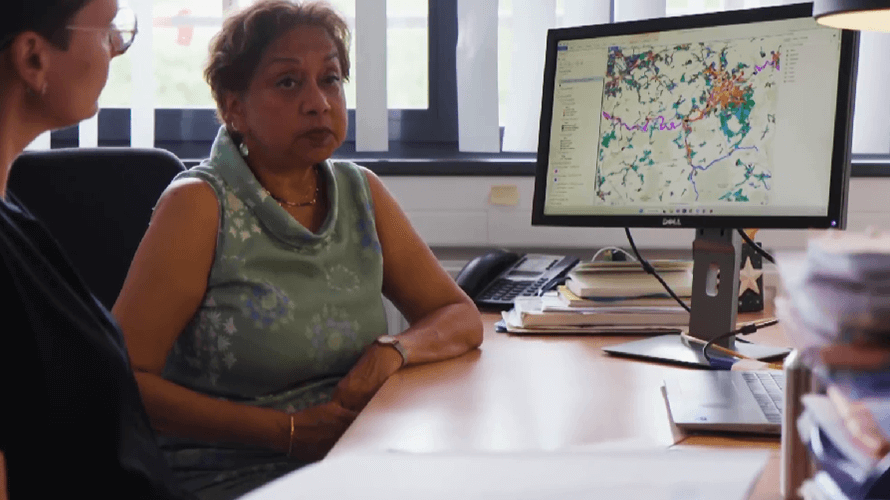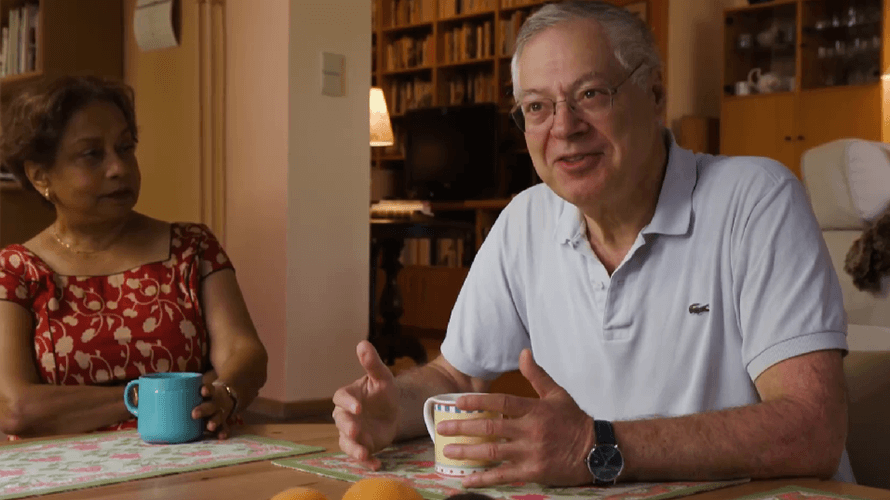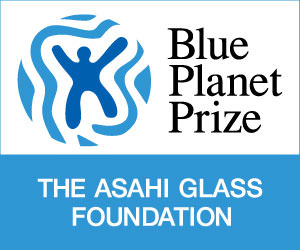OUR BLUE PLANET
Facing New Issues Threatening Earth
Information
The Blue Planet Prize is awarded annually to a pair of individuals or organizations for their contributions to global environmental issues. In 2023, the Prize was given to a group of three scientists from the U.K., Professor Richard Thompson, a marine biologist and microplastic expert of the University of Plymouth, Professor Penelope Lindeque, a marine ecologist of Plymouth Marine Laboratory, and Professor Tamara Galloway, an ecotoxicologist of the University of Exeter.
The Prize was also awarded to Professor Devarati Guha-Sapir, an epidemiologist and Director of the Centre for Research on the Epidemiology of Disasters at the Catholic University of Louvain, who founded the International Disaster Database.
The three professors from the U.K brought their expertise in their respective fields and utilized evidence they uncovered through their collaborative research on plastic pollution to urge the international community, including the United Nations and policymakers in various countries, to take action. Their efforts eventually led to the global ban on products containing microbeads.
This program will look in depth at their research and findings, and their efforts to find solutions.
The other winner, Professor Devarati Guha-Sapir, has compiled detailed information on major disasters around the world to create an objective and scientific database called "EM-DAT”.
This emergency events database has facilitated preparedness and effective response to potential future disasters. It is used by UN agencies and many countries for their disaster prevention and mitigation programs. Professor Guha-Sapir explains the importance of compiling detailed data on past disasters and how this database can be useful for prevention measures, especially today with the increasing intensity of natural disasters due to climate change.
We will explore the footsteps and achievements of the 2023 Blue Planet Prize laureates and how we can contribute to solving these environmental problems.
Gallery
